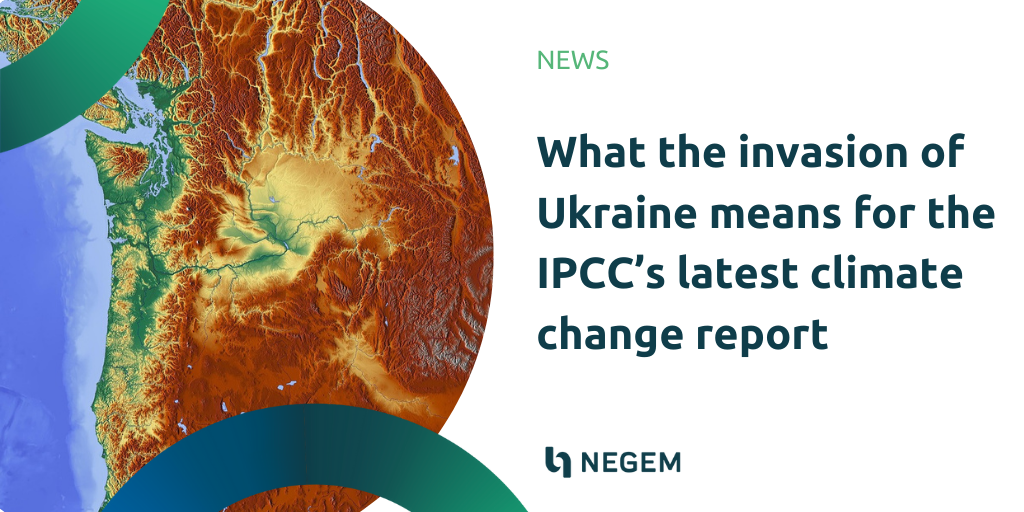Does Russia’s invasion of Ukraine make it easier or harder to stop climate change? The answer depends heavily on how you frame the problem.” Prof. Myles Allen, University of Oxford, partner of NEGEM consortium, comments on the impact of the Russian war on the IPCC’s recent conclusions.
In this article Prof. Allen discusses the IPCC’s approach using the “emitter responsibility” (globally supported) framing in which the vendors of the products remain ‘bystanders’, against the “producer responsibility” framing in which the producers/vendors need to ‘refossilise’ 99.9% of the CO2 that is generated from their sources.
The invasion has highlighted the ‘dangers of ignoring producer responsibility for fossil fuels, and an opportunity to embrace it’. However, Prof. Allen comments that the IPCC’s “emitter responsibility” framing is so deeply ingrained in current climate change policy that adopting a “producer responsibility” framing would be challenging – but unless we are prepared to do so, the current situation of the fossil fuel industry making record profits while the world struggles to find the resources to reduce CO2 emissions is likely to continue.
For further information and to read the full article, click here: https://theconversation.com/what-the-invasion-of-ukraine-means-for-the-ipccs-latest-climate-change-report-180467


